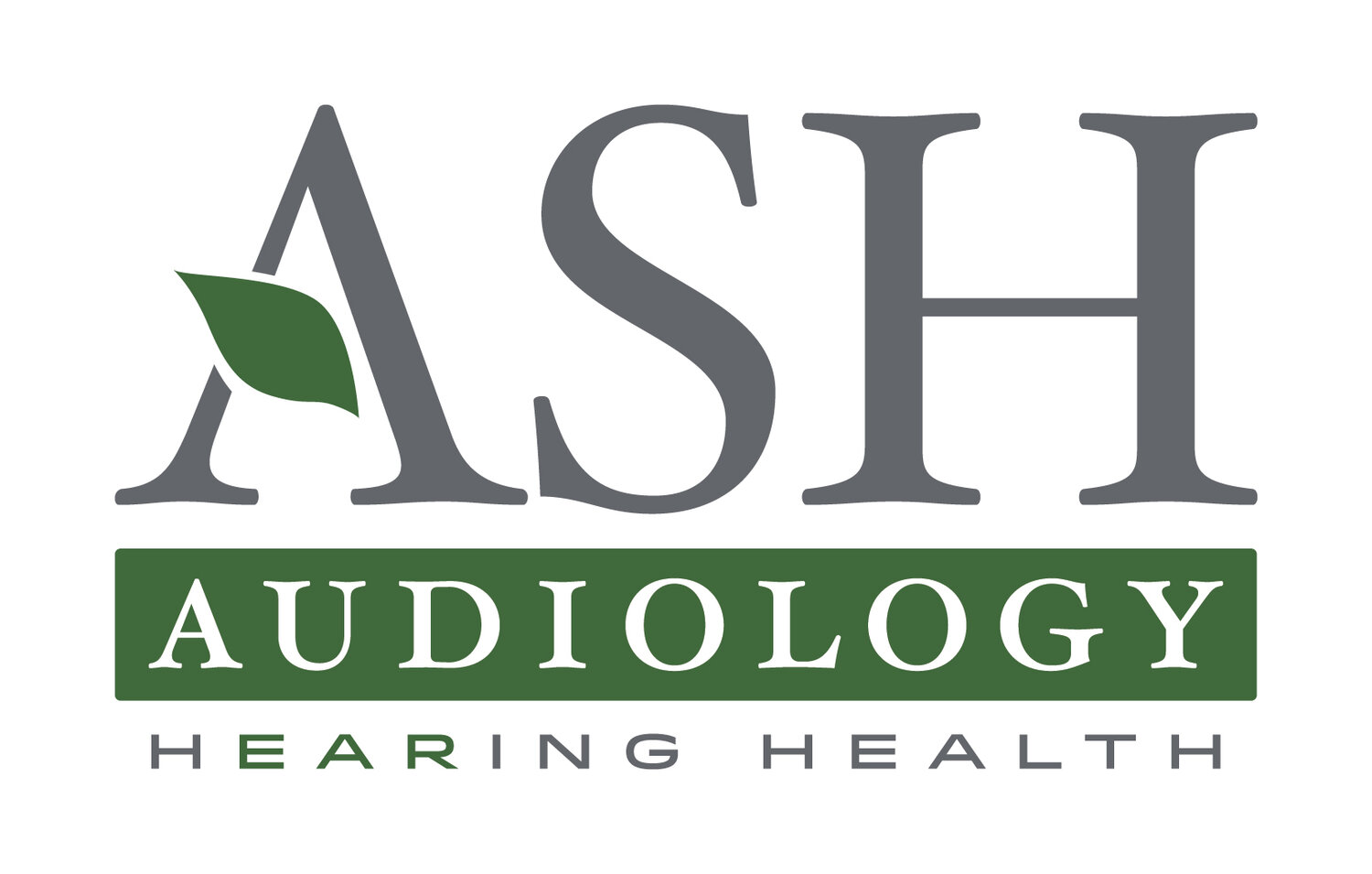Hyperacusis 101
What is hyperacusis?
Hyperacusis is a hearing disorder that causes sound sensitivity. An individual with hyperacusis may find everyday sounds so loud that they are unbearable or even painful. The United Kingdom’s National Health Service reports that symptoms can occur in one or both ears, and may begin suddenly or gradually worsen over time.
It’s not unusual for people to find high-decibel sounds like fire alarms or power tools intolerably loud. However, according to an article published in the American Journal of Otology, someone with hyperacusis has “an unusual tolerance to ordinary environmental sounds” that other people do not consider to be too loud. Some sounds that might trigger a negative reaction in those with hyperacusis include dishes clinking, water running, a toilet flushing, or crinkling paper. According to the University of California in San Francisco, hyperacusis is rare. Only about one out of every 50,000 people has this disorder.
Hyperacusis can sometimes be confused for misophonia, a different sound sensitivity disorder. Individuals with misophonia have an extreme negative or adverse reaction to specific sounds (these are usually ‘body’ sounds like other people chewing or breathing.) Misophonia is different from hyperacusis because the problem is not the loudness of the sound, but instead an intense dislike or strong emotional response to the sound.
What are the negative effects of hyperacusis?
Hyperacusis can have a significant impact on a person’s quality of life. According to the NHS, it can harm a person’s social relationships, their success at school or work, or their mental health. Individuals with this disorder may isolate themselves and avoid interacting with others so they can avoid potentially loud sounds.
The previously mentioned article published by the American Journal of Otology explains that many people with this disorder react by wearing earplugs or earmuffs to block out sound. Unfortunately, this is a temporary solution that doesn’t resolve the problem. In fact, Audiology Online states that overprotecting the ears can actually make someone with hyperacusis even more hypersensitive to sound.
What causes hyperacusis?
People with hearing loss, or those who suffer from tinnitus (ringing in the ears) may be more likely to experience hyperacusis. The NHS explains that people with migraines, head injuries, or autoimmune disorders like Lyme disease might also be more susceptible. However, not everyone with hyperacusis has hearing loss or a related medical concern.
What types of treatments are there for hyperacusis?
There are several approaches to hyperacusis treatment. If someone’s hyperacusis is a symptom of a different medical problem, like migraines, a head injury, or an autoimmune disorder, the NHS recommends treating the related condition first to reduce or eliminate the sound sensitivity.
Unfortunately, for individuals whose sensitivity is not related to another medical problem, there is no cure. Because hyperacusis is rare, there is little clinical research proving how effective current treatment methods are. However, sound therapy or cognitive behavioral therapy are some methods which might help individuals learn to deal with their hyperacusis.
What is sound therapy?
The Hearing Health Foundation reports that sound therapy is a method that can be used to “retrain the brain to accept everyday sounds.” This often involves exposing someone with hyperacusis to a gentle sound like white noise. At first, the sound may be extremely quiet, but as the patient adjusts, the volume is slowly increased. There are different types of sound therapy, and the therapist or audiologist will adjust the treatment to address each patient’s individual needs.What is cognitive behavioral therapy?
According to the American Psychological Association, cognitive behavioral therapy (or CBT) is an effective treatment for anxiety, depression, and other mental health concerns. The process involves redirecting negative thought patterns, developing confidence, and using relaxation and meditation techniques.
I think I might have hyperacusis. What should I do?
Talk to your doctor. They may refer you to an audiologist or an ENT (a physician who specializes in the ears, nose, and throat) who can do further testing to check that your hyperacusis is not related to a medical problem. ASH Audiology’s audiologists are trained to perform sound therapy and basic cognitive behavioral therapy.
